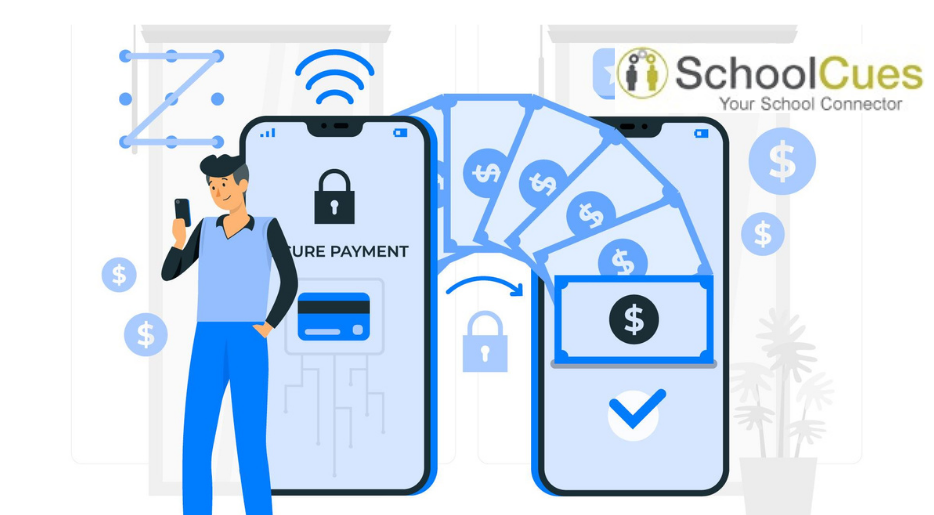Cashless payment systems are increasingly common in today’s digital era and have found their way into various industries, including education. Special education schools serving students with different requirements can greatly profit from integrating cashless payment systems. These systems facilitate seamless transactions, enhance administrative efficiency, and promote financial transparency. Let’s explore the numerous advantages of implementing cashless payment systems in special education schools.
Why Should Special Education Schools Go Cashless?
Special education schools aim to create a nurturing and inclusive environment where students can thrive academically, socially, and emotionally. They offer individualized education plans tailored to each student’s unique needs and abilities, ensuring they receive the necessary accommodations and interventions to succeed. These schools cater to students with a wide range of disabilities, including, but not limited to, autism spectrum disorders, intellectual disabilities, learning disabilities, emotional and behavioral disorders, physical disabilities, sensory impairments, and communication disorders.
There are strong reasons why special education schools should switch to cashless payment systems. Implementing cashless transactions improves the safety and security of financial dealings within the school premises. It eliminates the potential dangers of handling physical money, minimizing the risk of theft or misplacement. Additionally, going cashless provides convenience to parents, guardians, and school personnel by simplifying payment procedures and enabling seamless online transactions.
Benefits of Adopting Cashless Payment Options in Special Needs Schools
1. Safety and Security
Cashless payment systems offer a secure alternative to dealing with physical currency, minimizing the chances of theft or misplacement. In special education institutions, where students may face challenges in managing cash, these systems provide a reliable means of conducting transactions. Parents and guardians can have peace of mind knowing their funds are safe within the digital ecosystem.
2. Convenience for Parents and Guardians
Cashless payment systems offer unparalleled convenience to parents and guardians. They can pay tuition fees, purchase school supplies, and pay for extracurricular activities online. Cashless payment allow parents, guardians, and students to make payments online or using mobile apps, making transactions quick and hassle-free. This eliminates the need for in-person visits to the school or sending cash with the child, resulting in streamlined financial transactions.
3. Improved Financial Management
Cashless payment systems simplify financial procedures, facilitating the school’s administration in fund management. By automatically monitoring payments, expenses, and receipts, the likelihood of errors decreases while maintaining precise financial documentation. As a result, the school can allocate resources more effectively, benefiting both students and staff members.
4. Financial Literacy
Special education schools can utilize cashless payment systems to teach digital financial transactions. Teaching students about digital wallets or online payment platforms enhances their financial literacy and equips them with crucial life skills for the future.
5. Accountability
Another significant advantage of cashless payment systems in special education schools is the promotion of financial transparency. These systems allow parents and guardians to have a detailed record of their child’s transactions, including payments made for tuition, transportation, or extracurricular activities. This transparency fosters trust and accountability between the school and the stakeholders, ensuring that funds are used appropriately and for the benefit of the students.
6. Faster and Efficient Transactions
Digital payments have revolutionized transactions, making them quicker and easier. Whether for school meals, field trips, or other activities, cashless systems ensure instant processing. Digital Payments eliminate the need for manual counting, verification, and reconciliation. It saves time and reduces administrative burdens.
7. Contactless Transactions
Cashless payment methods are being advocated to facilitate contactless transactions after the COVID-19 crisis. By eliminating the need for physical exchange of money, these systems reduce the risk of infection transmission, creating a safer space for students, staff, and parents.
Why SchoolCues is a Perfect Digital Partner for Special Education Schools?
By adopting contactless payments, special education schools can streamline their financial operations, enhance parent-school communication, and ultimately provide a better educational experience for their students.
SchoolCues is an all-in-one school management system specifically catered towards special education schools. It includes an integrated online payment and billing system to help manage school payments. Our payment solutions offer features such as convenient online account access, electronic invoicing, different payment options, late payment options, and more. SchoolCues’s payment solution also includes a reliable mobile app to access student information and keep in touch with parents anytime, anywhere.
